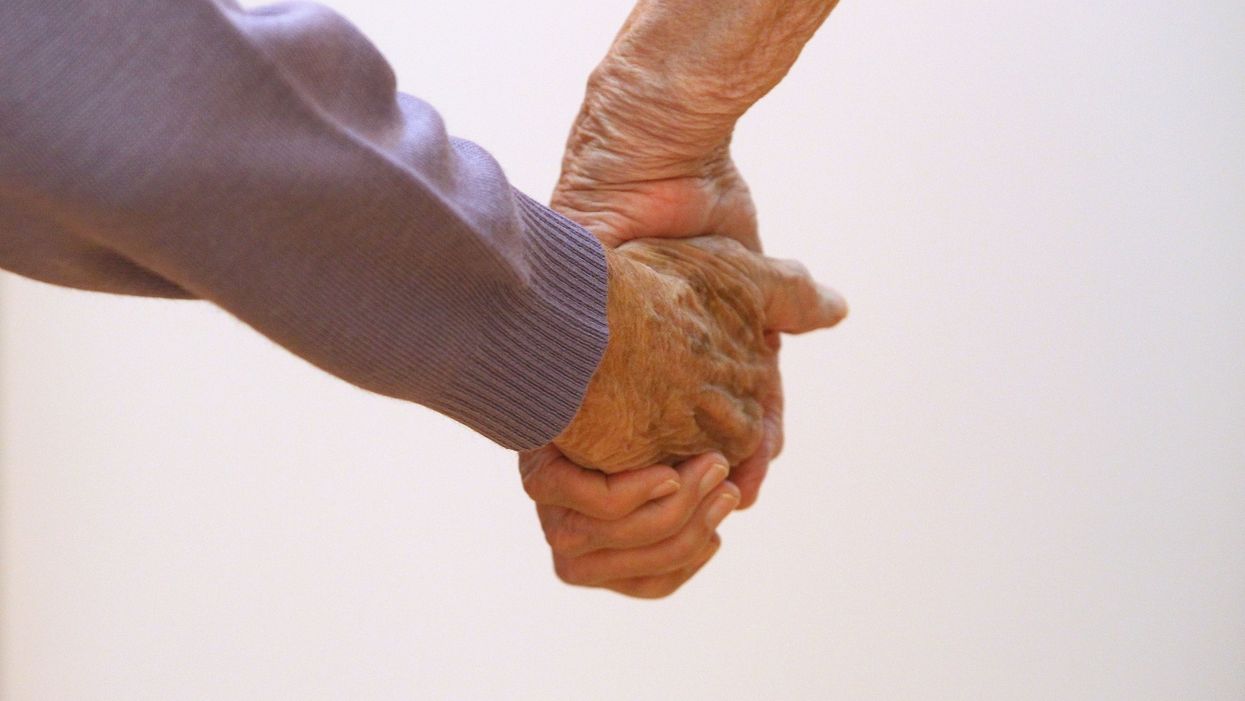
Alexandra Beier/Getty Images

Critics voice privacy concerns over 'smart devices' intended for alerting caretakers to sudden behavioral changes
Dementia patients in England will soon be monitored in their homes with "smart devices" used to track any sudden change in behaviors. The intent of the program is to allow sufferers to avoid being placed in institutional care, but critics fear the new program violates an array of privacy rights.
The U.K.'s National Health Service is partnering with researchers at John Moores University to begin tracking a pool of 50 dementia patients this fall, with the goal of having the devices in 1,000 homes by 2020. Scientists say the meters are capable of alerting family members and caretakers if a patient experiences a fall, illness, or a decline in their medical state, the Sun reported.
A six-month trial of the monitors was conducted in 2017, giving officials the confidence to move forward in expanding the program. The Department for Business, Energy and Industrial Strategy said in a statement that the installation of such devices "shows how innovative technologies enabled by smart meters can improve many aspects of our lives, not just our energy use."
"This kind of technology has the potential to change someone's quality of life, and their families' lives, for the better by helping patients with long-term conditions stay at home and remain independent for longer," the statement continued.
Researchers have not yet secured funding from the Department of Health, but are moving forward with the trial regardless because private firms have expressed a willingness to foot the bill.
Patients must consent to having the devices installed. But according to the Daily Mail, "privacy campaigners warn that the meters will hand suppliers a 'honeypot' of data which could be sold on to marketing firms or fall into the hands of hackers."
Consumer rights advocate Martyn James told the Mail, "Finding new and creative ways to support vulnerable people in their own homes is a good thing, but this proposal opens the door to a huge range of privacy concerns."
He added, "We should be extremely wary when it comes to allowing businesses and organizations access to this level of data — and the fact that it can be taken in this level of detail raises the question: What else is technology revealing about our private lives and what if it falls into the wrong hands? Burglars, for example, could use it to identify when people are out of the house."